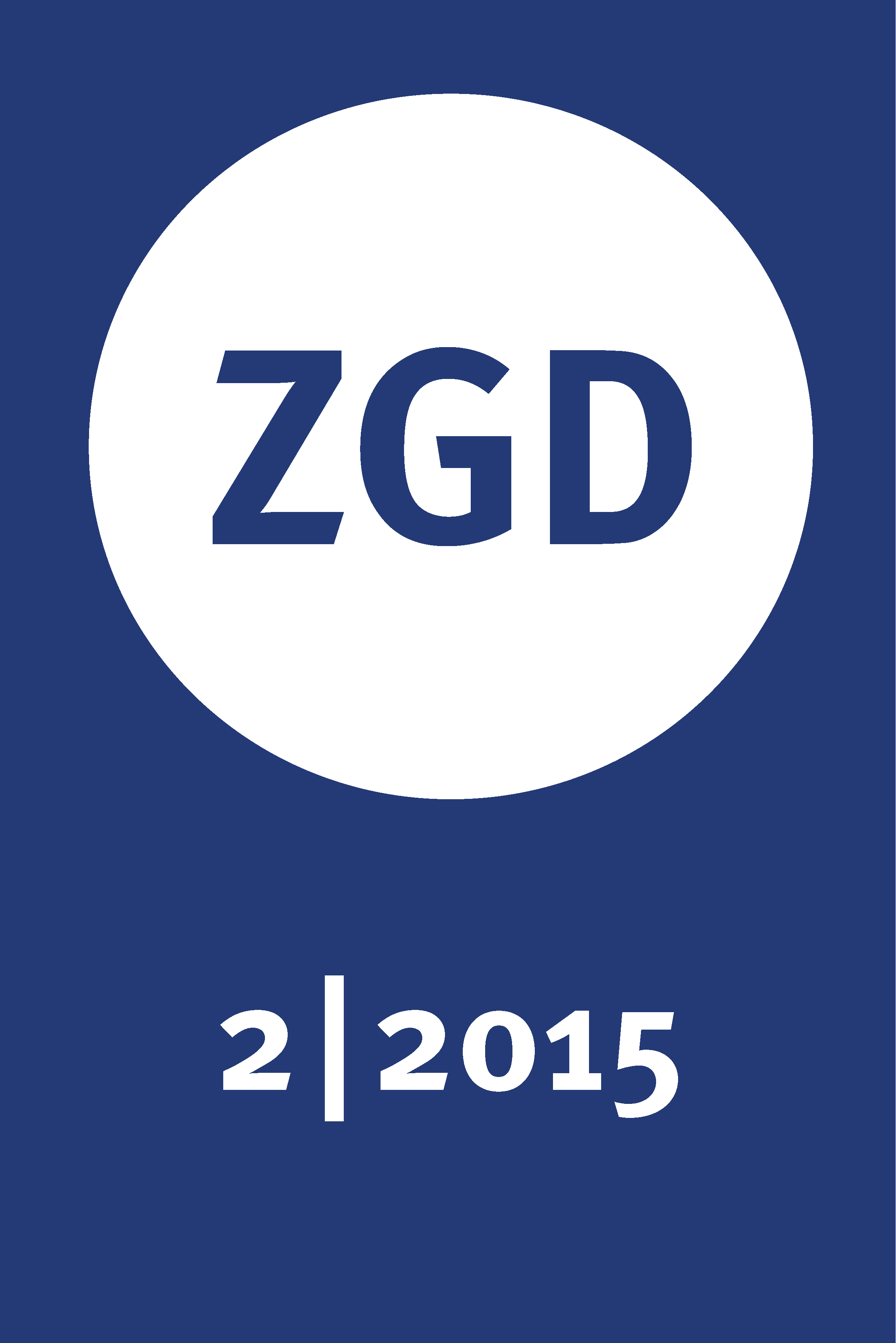Spatial Citizenship – Zur Entwicklung eines Kompetenzstrukturmodells für eine fachübergreifende Lehrerfortbildung
DOI:
https://doi.org/10.18452/23371Keywords:
digital geomedia, spatial citizenship, geoinformation, teacher education, competence modellingAbstract
The rise of digital geomedia in connection with the Web 2.0 is changing the daily lives of pupils, in particular with regard to the handling of spatial data and spatial representation. In the debate on political education at the secondary level, the Spatial Citizenship approach reflects this development. Based on this approach, our article summarizes the development of a normative competence structure model in order to describe the essential competences in the field of Spatial Citizenship Education for curriculum development for in-service teacher training. By adapting methods of qualitative content analysis for the evaluation of various documents in the neighboring domains of Spatial Citizenship, the competence structure comprises six major dimensions: technology/methodology dealing with digital geomedia, reflection of the use of geomedia, communication with geomedia, space, political education and pedagogical implementation strategies. Finally, our article concludes with a discussion on an effective curriculum integration of the learning area of digital geomedia into geography classes.
Downloads
Published
How to Cite
Issue
Section
License
Copyright (c) 2022 Journal of Geography Education

This work is licensed under a Creative Commons Attribution-NonCommercial-NoDerivatives 4.0 International License.







